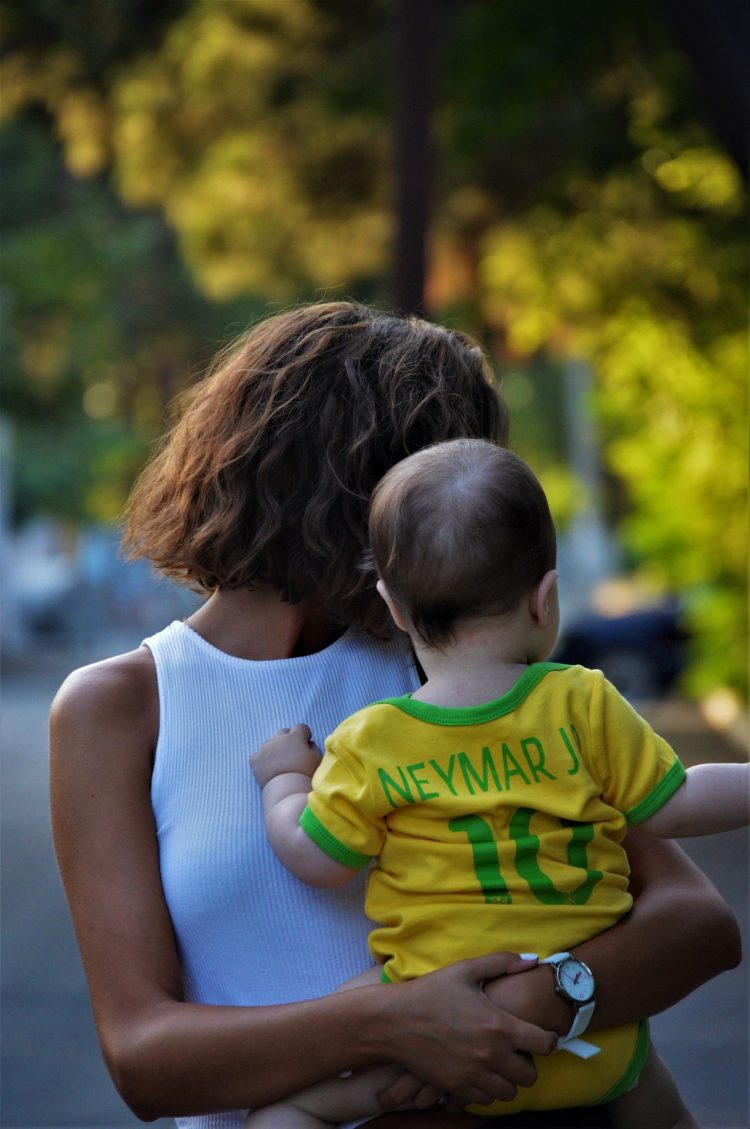The central focus of the dialogue cycles with the National Mechanisms for Women from 17 countries in the region was to generate a space for reflection and exchange in order to learn about the main challenges in this regard, as well as to identify their recommendations and good practices with the design of public care policies with a gender perspective.

Foto: Euamo
The meetings envisioned the need to generate information and tools to measure the use of time, to raise awareness among the population concerning the impact of care in the lives of women, to move towards the protection of caregivers and the importance of inter-institutional coordination for the development and implementation of policies. CIM and EUROsociAL+ highlighted their commitment to monitoring and providing advice in order to translate these recommendations and challenges, which have been exacerbated during the pandemic, into proposals for public policies and regulatory frameworks that address the care situation, and how it affects women’s full incorporation and participation in the world of work to ensure their empowerment and their economic independence.
The programme began on 14 September with representatives from South America (Argentina, Brazil, Chile, Colombia, Ecuador, Paraguay and Uruguay), with the exchange with Central America on 22 September featuring Costa Rica, El Salvador, Guatemala, Honduras and Mexico, ending on Friday 24 September with the virtual meeting with representatives from North America and the Caribbean, including Canada, Saint Lucia, Saint Vincent and the Grenadines, Suriname and Trinidad and Tobago.
You can access the documents from the CIM and EUROsociAL+ alliance framework that show the worsening of the care crisis and the importance of promoting the independence and economic empowerment of women: COVID-19 in the lives of women:The global care emergency and COVID-19 in the lives of women –care as an investment.



